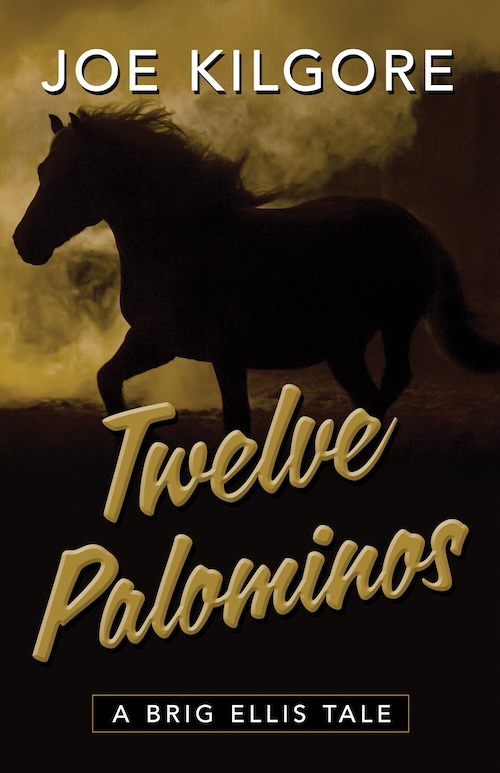Devil In The Details Can Be Dour
People who enjoy police procedurals love the details–evidence, clues, witness statements, lineups, third degree questioning and more. What really happened? What was the real motive? Who did it? Those are the questions that really drive the narrative. Most novels in this particular genre drop in a dollop of action now and then to keep the search for answers from becoming a wholly intellectual enterprise. Most, but not all
Ian Rankin’s The Impossible Dead leaves anything that could remotely be called action to the end of the novel. In so doing he creates a police procedural that is probably more true-to-life than most but hovers precariously on the precipice of plodding.
Set in Scotland, this tome tells the story of a team of policemen assigned to investigate the possible cover-up or compliance with incidents of improper sexual behavior by other policemen. In the U. S. these fellows and what they do would be called Internal Affairs. In Scotland, they’re called The Complaints. As in complaints against the police. The story begins as a task to find just who and how many might be involved in coercing sexual favors from the citizenry. But it eventually turns into a quest to find out if one or more murders have been committed and by whom.
The principal protagonist and lead seeker of the truth is Inspector Malcolm Fox–an affable fellow who has the typical set of problems most policemen do in these sorts of tales. He’s divorced and now no longer drinks. He has a father wasting away in an assisted living facility. He has a sister who continually berates him for not spending enough time with the father, or her for that matter. And as you might expect, he feels guilty about all of that. While most other novels of this nature would include a willing paramour that helps him soothe his aching psyche, Rankin twists that cliche a bit. There is a willing paramour, but Fox evades her overtures. Even though they once shared a sheet-rumpled night and she’s apparently willing to share more, the fact that she’s married keeps Fox from re-engaging. A touch of nobility that adds character but subtracts emotion.
Frankly, it’s an overall lack of physical contact that makes The Impossible Dead rather slow going. While it’s probably much truer to life without the fist fights, car chases, shootouts, and other manufactured mayhem that populates most detective stories, the realistic depiction of intellectual sleuthing often gets bogged down in too many dead ends, too many names to keep up with, and too few confrontations that go beyond relatively mild-mannered annoyance. Rankin’s use of associated terrorist bombings, prep-school communist flirtations, plus past and present Scottish politics add some spice to the goings-on but not enough for The Fiction Fortune Hunter’s taste.
Still, in all, one must give Mr. Rankin plaudits for adding to his long list of successful crime novels. And if you like your law-breaking pursued step-by-step, inch-by-inch, and more with brain than braun, you just might enjoy spending time with The Impossible Dead. I’d tell you the significance of the title if I felt better equipped to interpret it. But frankly, it eluded me. Guess I let the procedures overwhelm the inference.
